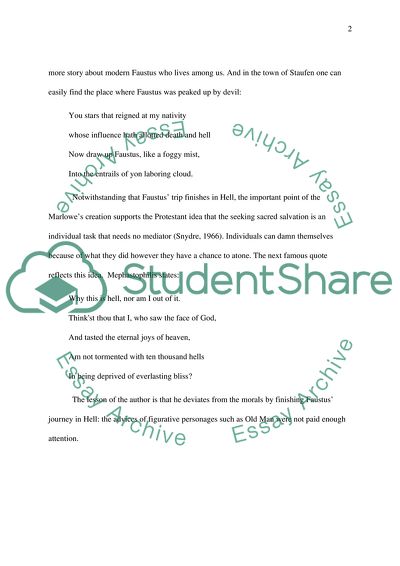Cite this document
(“The Representation of the Journey in Sixteenth Century Literature Essay”, n.d.)
The Representation of the Journey in Sixteenth Century Literature Essay. Retrieved from https://studentshare.org/literature/1726256-examine-the-representation-of-the-journey-in-sixteenth-century-literature
The Representation of the Journey in Sixteenth Century Literature Essay. Retrieved from https://studentshare.org/literature/1726256-examine-the-representation-of-the-journey-in-sixteenth-century-literature
(The Representation of the Journey in Sixteenth Century Literature Essay)
The Representation of the Journey in Sixteenth Century Literature Essay. https://studentshare.org/literature/1726256-examine-the-representation-of-the-journey-in-sixteenth-century-literature.
The Representation of the Journey in Sixteenth Century Literature Essay. https://studentshare.org/literature/1726256-examine-the-representation-of-the-journey-in-sixteenth-century-literature.
“The Representation of the Journey in Sixteenth Century Literature Essay”, n.d. https://studentshare.org/literature/1726256-examine-the-representation-of-the-journey-in-sixteenth-century-literature.


